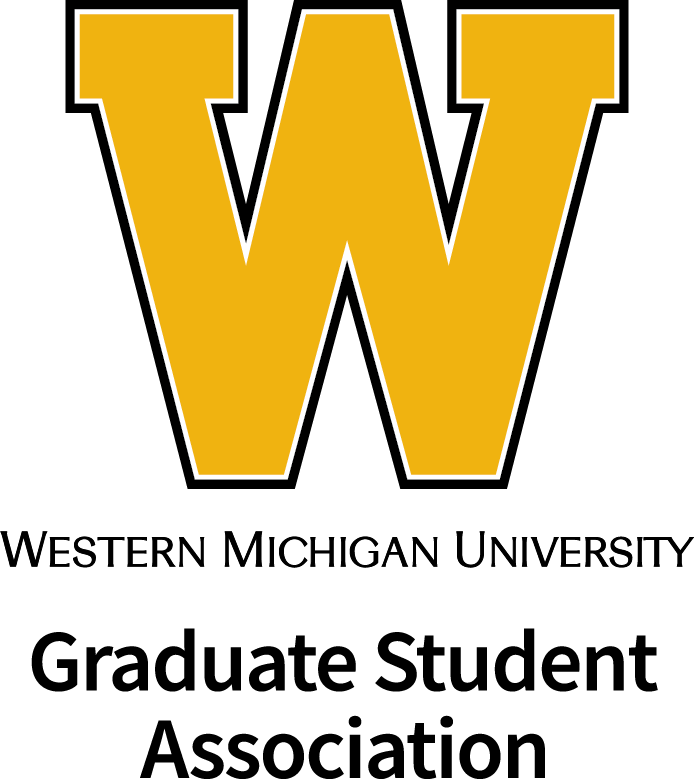Abstract
In lieu of an abstract, a short excerpt is provided:
"
The Church of Scientology has a notorious history of controversy. The sources of this controversy stem from both the legal realm (most notably in the acquisition of the legal label of “religion” and, therefore, tax exempt status) and the social sphere, with critics from both the Christian and secular “anti-cult” movements publishing polemics against the Church. There also, however, exists a third source of criticism: self-identified Scientologists who have chosen to leave the official institution of Scientology. These understudied groups, practicing outside of the Church, are known as Free Zone Scientologists, or alternatively as Independent Scientologists. United by a belief in the discoveries of their founder, L. Ron Hubbard, these groups simultaneously hold the conviction that the institution he founded in 1952 has since misused and corrupted his teachings. While scholarly research on the Church of Scientology lags far behind that of other new religious movements, academic investigations of reform groups working against the Church are virtually non-existent. Because of this lacuna, as well as the cultural impact of Hubbard’s legacy, such groups deserve sustained attention as a legitimate piece of Scientology’s unfolding history."
Recommended Citation
Byron, Kyle D.
(2015)
"Free Zone Scientology: The Social Structure of a Contemporary Reform Movement,"
The Hilltop Review: Vol. 7:
Iss.
2, Article 16.
Available at:
https://scholarworks.wmich.edu/hilltopreview/vol7/iss2/16

